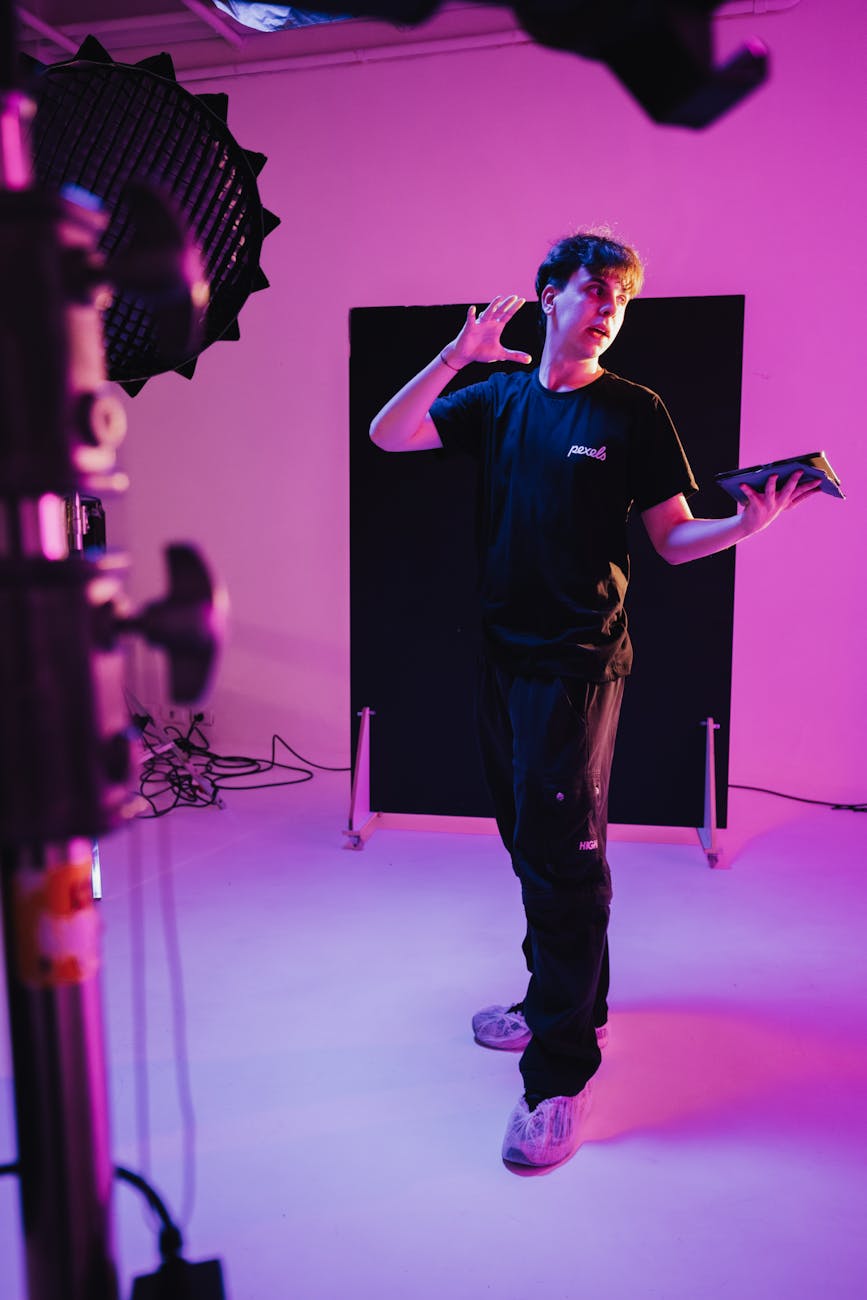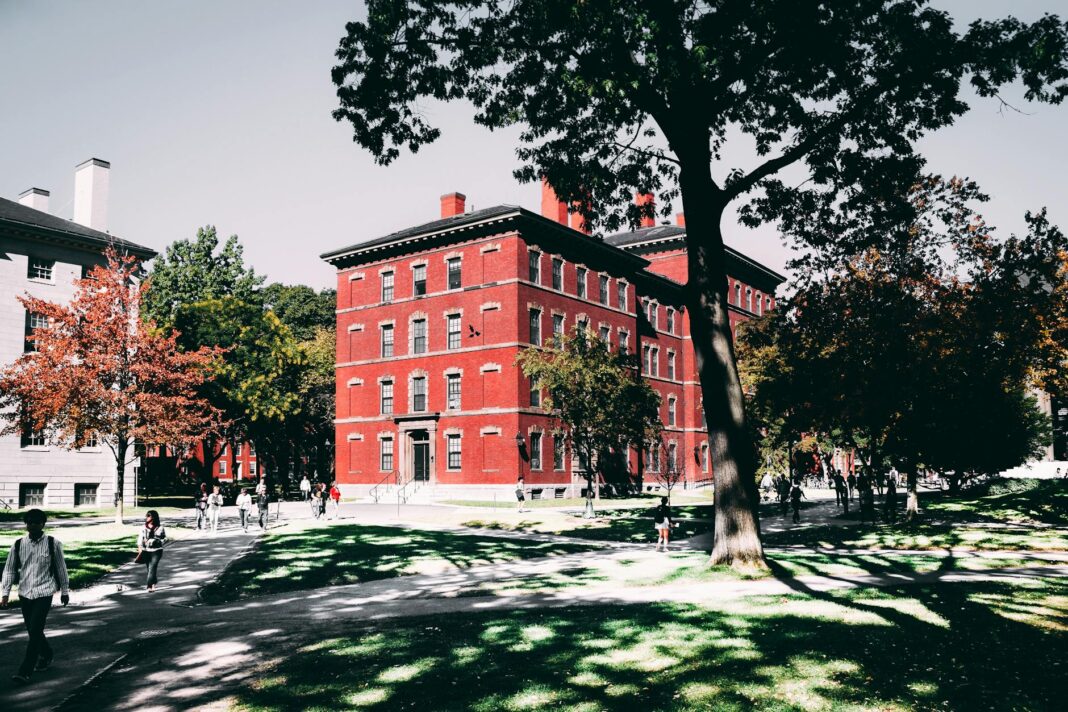Tyler Robinson’s Arrest Shakes the Communit
y
In a shocking turn of events, Tyler Robinson has been arrested in connection with the murder of influential conservative figure Charlie Kirk. The incident took place on a Tuesday, leaving many in the area reeling from the news. Charlie Kirk, known for his outspoken views and activism, was a prominent voice in political circles, and his untimely death raises questions about safety, ideology, and the extremities that can arise from heated political discourse.
Bragging Rights: A Dangerous Gam
e
What adds a disturbing layer to this already tragic story is the revelation from former colleagues of Robinson. They have come forward to disclose that he once boasted about his long-range shooting capabilities. This isn’t just idle talk; it’s a chilling insight into a mindset that can lead to devastating actions. The ability to take a shot from a distance requires not just skill, but a certain level of detachment from the consequences of one’s actions. This kind of bragging is not uncommon among individuals who idolize gun culture, which has become pervasive in certain circles. Such attitudes can create a dangerous environment where violence is seen as a viable solution to disagreements.
The Fallout from a High-Profile Killin
g
The murder of a public figure like Charlie Kirk doesn’t just affect his immediate circle of friends and family; it sends shockwaves throughout the community and the nation. Kirk had a large following, and his death could incite a range of reactions, from grief to outrage. His supporters are left grappling with the loss of a leader who inspired many with his views on conservatism and activism. As details emerge about Robinson’s past and motivations, the potential for further violence cannot be ignored. What kind of societal pressures or personal grievances could lead an individual to take such drastic measures against someone with whom they disagree?
The broader implications of this murder extend beyond Kirk’s circle. It highlights a growing trend where political figures face increasing hostility, which can lead to violent outcomes. The dialogue surrounding political issues has become increasingly polarized, and incidents like this underscore the urgent need for civility and understanding in discourse. The consequences of allowing rhetoric to escalate into violence are severe and far-reaching.
Understanding the Mindset of the Accuse
d
While it’s easy to label Robinson as just another criminal, digging deeper into his psyche is essential to understanding the broader implications of this case. The culture of boasting about weapons and the normalization of violence in certain segments of society must be examined. What drives someone to not only fantasize about violence but to actualize it? These are questions that law enforcement, mental health professionals, and society at large need to confront as they grapple with this tragic event.
Robinson’s previous statements about his shooting skills reveal a troubling mindset that goes beyond mere bravado. It raises concerns about how societal influences, personal experiences, and mental health issues can converge to create individuals willing to commit acts of violence. The glorification of gun culture can desensitize people to the consequences of their actions, leading them to view violence as an acceptable means of resolving conflicts.
Community Response and Moving Forwar
d
In the aftermath of this tragic event, community leaders must step up to address the underlying issues that contribute to such violence. Initiatives focused on promoting dialogue and understanding among differing political viewpoints are essential. Schools, community centers, and local organizations can play a vital role in fostering a culture of respect and communication, helping to mitigate the risks of future incidents.
Furthermore, mental health resources should be prioritized to ensure that individuals struggling with anger or ideological extremism receive the support they need before they reach a breaking point. Society cannot afford to ignore the warning signs that can lead to such tragic outcomes. By taking proactive measures, communities can work towards creating a safer environment for all.
Question
s
What can be done to prevent individuals from glorifying gun violence?
How does the public’s reaction to high-profile murders influence societal behavior?
What role do mental health and community support play in preventing such tragedies?




